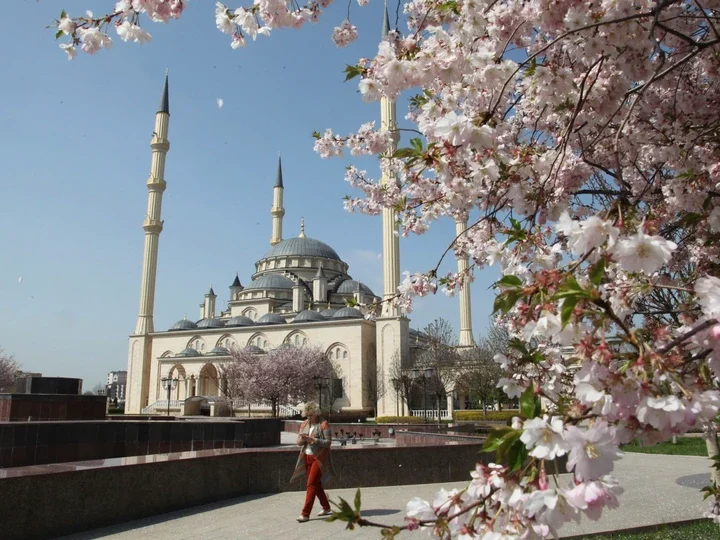
On September 1, Russia will begin a two-year pilot program that will involve the introduction of Islamic banking for the first time.
Islamic financial institutions have long existed in Russia, where there are thought to be up to 25 million Muslims, but this is the first time the nation's legal system has formally approved of their establishment.
Vladimir Putin, the president of Russia, signed a law on August 4 to evaluate the "feasibility" of Islamic banking.
Four Muslim-majority republics-Tatarstan, Bashkortan, Chechnya, and Dagestan-which already have the most experience in Islamic finance-will host the pilot program.
The new regulation will be implemented across the entire nation if the program is successful.
All the information you require regarding the new experiment is provided below:
What makes Islamic banking unique?
Shariah, the Islamic legal framework that forbids usury or interest-bearing transactions because it is regarded as an unfair exchange, governs Islamic banking.
Islamic banking is asset-based, with profit and risks being shared between the financial institution and the client as part of a partnership, as opposed to traditional finance, which is debt-driven and places all risk and liability on the customer.
According to Madina Kalimullina, executive secretary of the Russian Association of Experts in Islamic Finance, "no bank can profit from the client's financial problems and insolvency that frequently occur in conventional finance."
She claimed that unlike conventional finance, Islamic finance encourages partnership-based relationships.
Additionally, sectors that are harmful to society like alcohol, tobacco, and gambling are not funded by Islamic banking.
The global financial crisis was previously brought on by Islamic banking, which forbids financing speculation, financial derivatives, or "deals with no real asset," according to Kalimullina.
Russia's introduction of Islamic banking: why?
The Islamic banking industry has an annual growth rate of 40% and is anticipated to reach a value of $7.7 trillion by 2025, according to senior vice president Oleg Ganeev of Sberbank, Russia's largest lender.
The Islamic finance market, in contrast to Shariah, could not benefit from state support programs for mortgage financing and for small and medium-sized businesses because they are all based on interest-bearing loans, according to Kalimullina, who stated that "the growing market needs regulation and investors and clients protection."
The adopted law partially resolves these challenges for mortgage financing. According to Kalimullina, the experiment is anticipated to enable the creation of new conditions for the advancement of Islamic finance.
Was Russia's decision to start Islamic banking influenced by Western sanctions?
According to Diana Galeeva, an academic visitor at Oxford University in the United Kingdom, Islamic banking is "a long-awaited initiative" that has been discussed in Russia since the 2008 financial crisis, "when banks faced a shortage of liquidity and started to look for alternative sources of cash."
The "Association of Russian Banks proposed allowing Islamic banking in the Russian Federation and establishing a committee within the Central Bank to regulate the activities of Sharia banks," Galeeva told Al Jazeera after Crimea was annexed from Ukraine in 2014 and Russian banks felt squeezed by Western sanctions.
The transition to Islamic banking has accelerated recently as a result of the conflict in Ukraine and Western pressure on Russia's economy.
According to Galeeva, "Russia has turned away from the West and toward the East as a result of every new wave crisis in recent years, which frequently results in stronger ties with Muslim-majority nations' economies."
What impact will the change have on Russian trade or economic relations?
Islamic banking will, in contrast, have a very small direct impact," according to Galeeva, which is the main reason why Russia's economy has resisted Western sanctions.
The new two-year experiment, however, "will make the Russian economy increasingly East-facing, since the main goal is to make Russia, and these regions in particular, more attractive to foreign investment from the Middle East and other countries with Shariah finance frameworks."
According to Kalimullina, the new program should foster "assets-based financing and risk-sharing partnership relations."

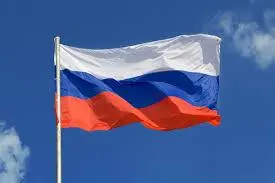
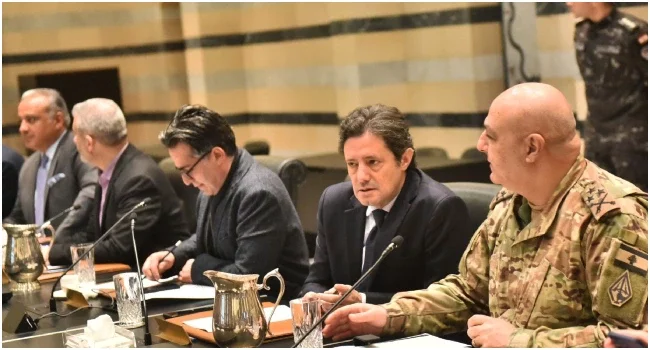
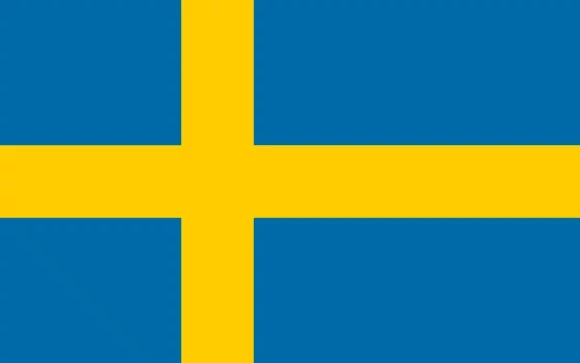
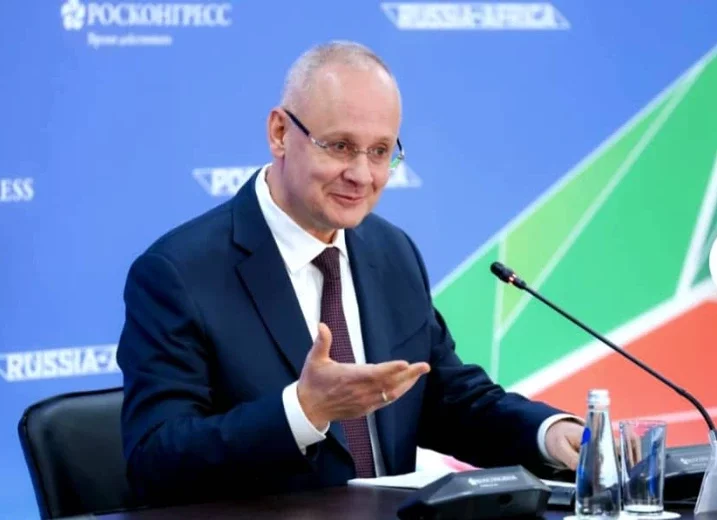
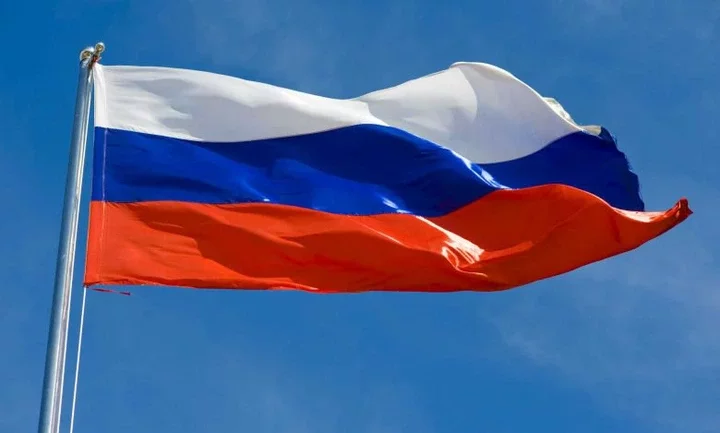










Comments